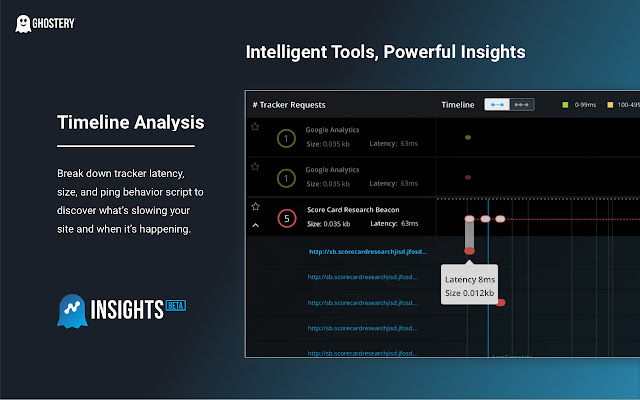
Reviews and Complaints About the Top Funded Prop Trading Firms
"Trade with capital, not just your own — but make sure you know who you’re trading for."
There’s a growing wave in the trading world, and it’s not just about cryptocurrencies or flashy TikTok gurus selling dreams. It’s about funded prop trading — where traders get to use firm money to trade assets like forex, stocks, crypto, indices, options, and commodities. The deal sounds sweet: you pass a challenge or evaluation, prove your skills, and boom — you’re trading a large account instead of your own savings. But as with any industry riding the hype train, the reviews are a mix of glowing praise and blunt complaints.
The Promise: Fueling Ambitious Traders With Real Capital
The concept is straightforward. Firms like FTMO, MyForexFunds (before recent troubles), The Funded Trader, and Lux Trading Firm offer traders access to accounts ranging from tens of thousands to millions of dollars, in exchange for performance fees or profit splits. For a skilled intraday forex trader or a swing trader in commodities, this means beating the limitations of personal capital.
One trader I talked to compared it to “going from driving a used Honda to a Formula 1 car overnight” — the tools, capital size, and market impact feel different. Forex spreads don’t eat your profit as aggressively. Stock positions can be sized properly without wiping your margin. And for crypto day traders, a large funded account is almost like riding the volatility with a safety net.
The Happy Side of Reviews
Positive feedback across forums and YouTube channels often centers on:
- Lower risk to personal funds: You’re risking someone else’s capital, not draining your own savings.
- Clear rules and structure: Many firms give you concise daily drawdown limits, profit targets, and asset allowances.
- Global access: A forex trader in Thailand, a futures trader in Chicago, and a crypto scalper in Berlin can all operate under the same prop framework.
Some traders even turn prop firm accounts into their primary income stream, cashing out monthly profit shares and avoiding emotional rollercoasters that come with losing personal money.
The Complaints You Can’t Ignore
The other side of the coin is where the forums get heated. Common complaints include:
- Strict rules that kill trades: Imagine having a winning position in oil futures but closing early because you hit a daily loss limit.
- Sudden account closures: Some firms have been accused of vague rule enforcement or terminating accounts after payouts.
- Payout delays or denials: This is where trust wavers. When you’ve spent weeks hitting targets and then face payment delays, the relationship changes.
- Opaque pricing models: Evaluation or challenge fees vary wildly, and some traders feel these have become the real revenue stream for certain firms.
One Reddit thread in r/Forex described a trader hitting his target only to be told his “scalping method” violated hidden rules. It’s a reminder that reading every term before joining is not optional.
Navigating the Boom and Future Trends
Here’s the reality: prop trading sits at the crossroads of traditional finance and the evolving decentralized landscape. DeFi already lets traders swap tokens or stake assets without going through middlemen. Smart contracts are eliminating payout disputes by automating profit distribution. Imagine a prop firm where your progress and compliance are tracked on-chain — no manual bureaucracy, no trust gaps.
AI is entering the game too. Firms are experimenting with algorithmic monitoring, real-time risk analysis, and even AI-assisted strategy suggestions. As one futures trader put it, “We’re heading into a world where both the trader and the firm have machine co-pilots.”
Multi-Asset Freedom and Reality Checks
A huge attraction of top funded prop trading firms is access to multiple markets in one account:
- Forex for constant liquidity
- Stocks for earnings season opportunities
- Crypto for volatility junkies
- Indices for macro plays
- Options for flexible hedging
- Commodities for inflation and geopolitical spikes
Still, flexibility doesn’t mean recklessness. Prop firms enforce rules because their capital is at stake — break those rules, and you’re out. That’s part of the professional discipline traders learn.
Getting Reliable in an Industry Full of Noise
If you’re trying to choose a firm, skip the marketing fluff and go to where traders speak freely: Discord groups, niche Facebook communities, and verified Trustpilot reviews. Look for patterns — not just one-off complaints. If ten people mention delayed payouts over six months, it’s not coincidence.
Strategy-wise, consistency beats the “all-in” moves. Trade like you’re still managing your own savings, even though you’re using theirs. It keeps you compliant and protects your long-term account life.
Prop Trading Slogan Alert: "Your skill, our capital — let’s move markets together."
Funded prop trading isn’t a get-rich-quick machine. It’s a professional path that, when approached with realistic expectations and rule awareness, can change a trader’s career. The hype is real, but so are the challenges. If the next decade brings smarter contracts, stronger AI risk tools, and better transparency, we might finally see funded accounts become as standard as brokerage accounts.
So whether the review you read is a glowing five stars or a bitter rant, remember: the prop trading space is still maturing. And for those willing to play the long game, the runway is wide open.



